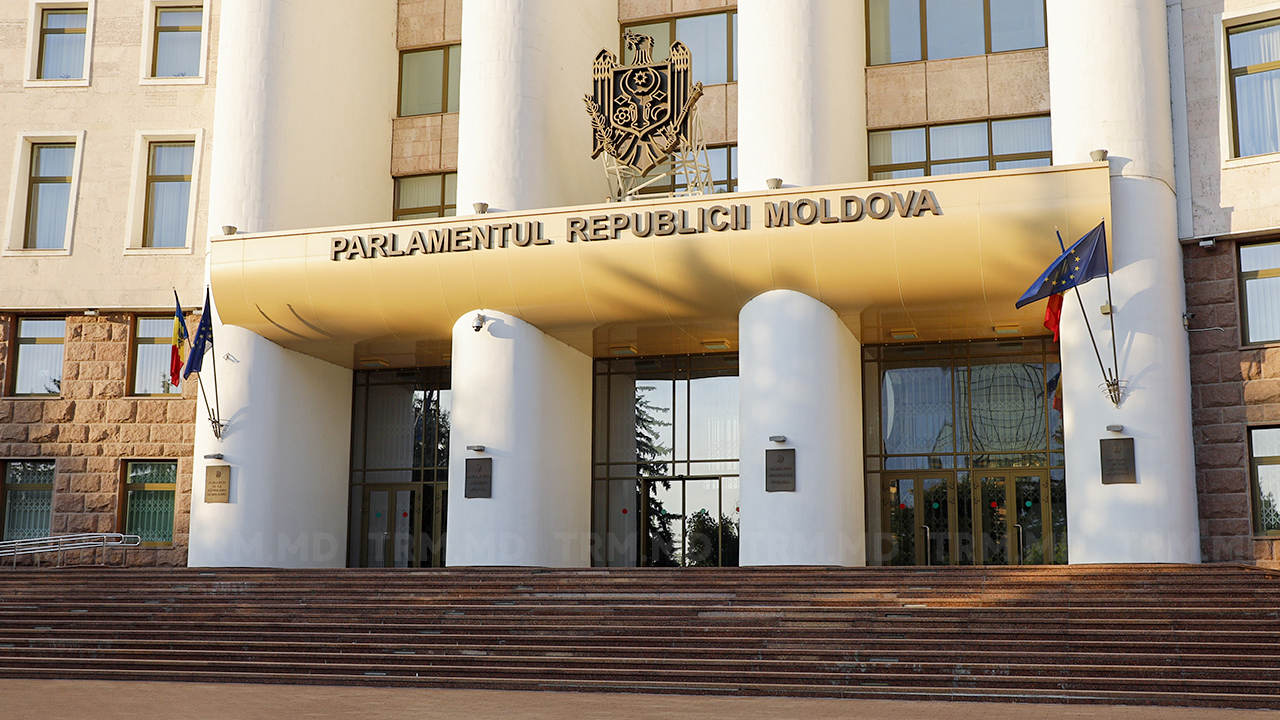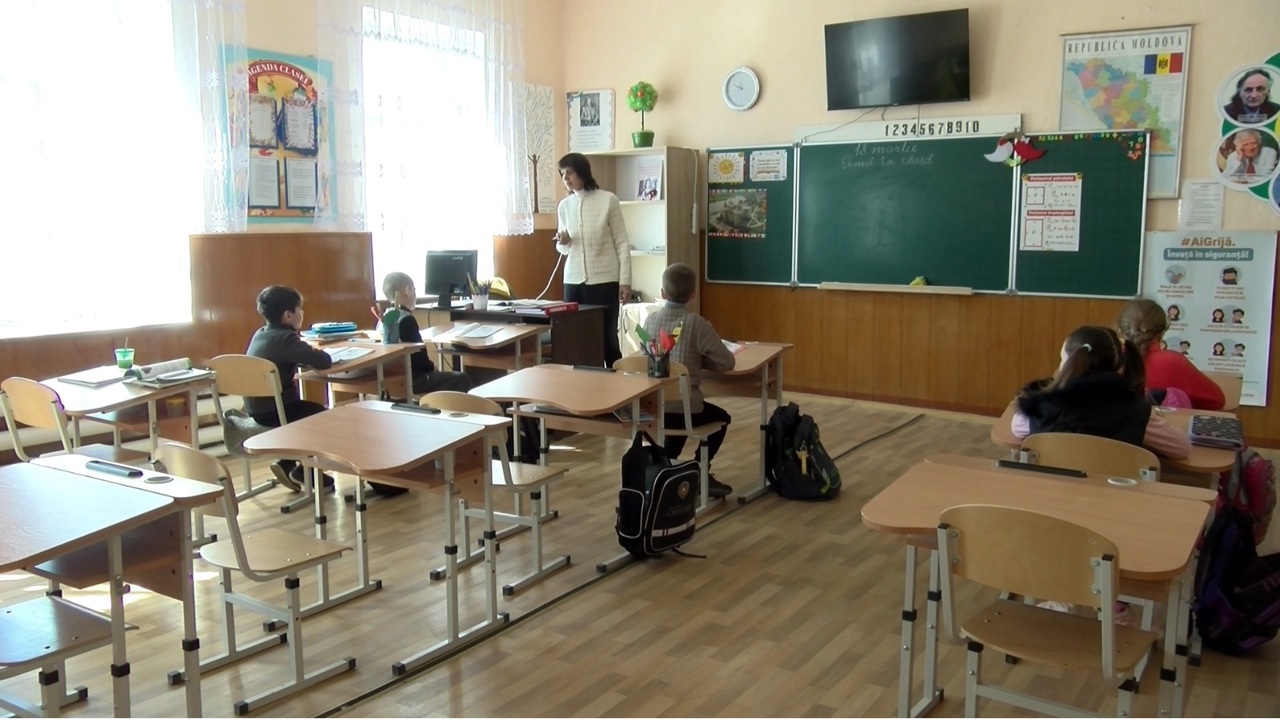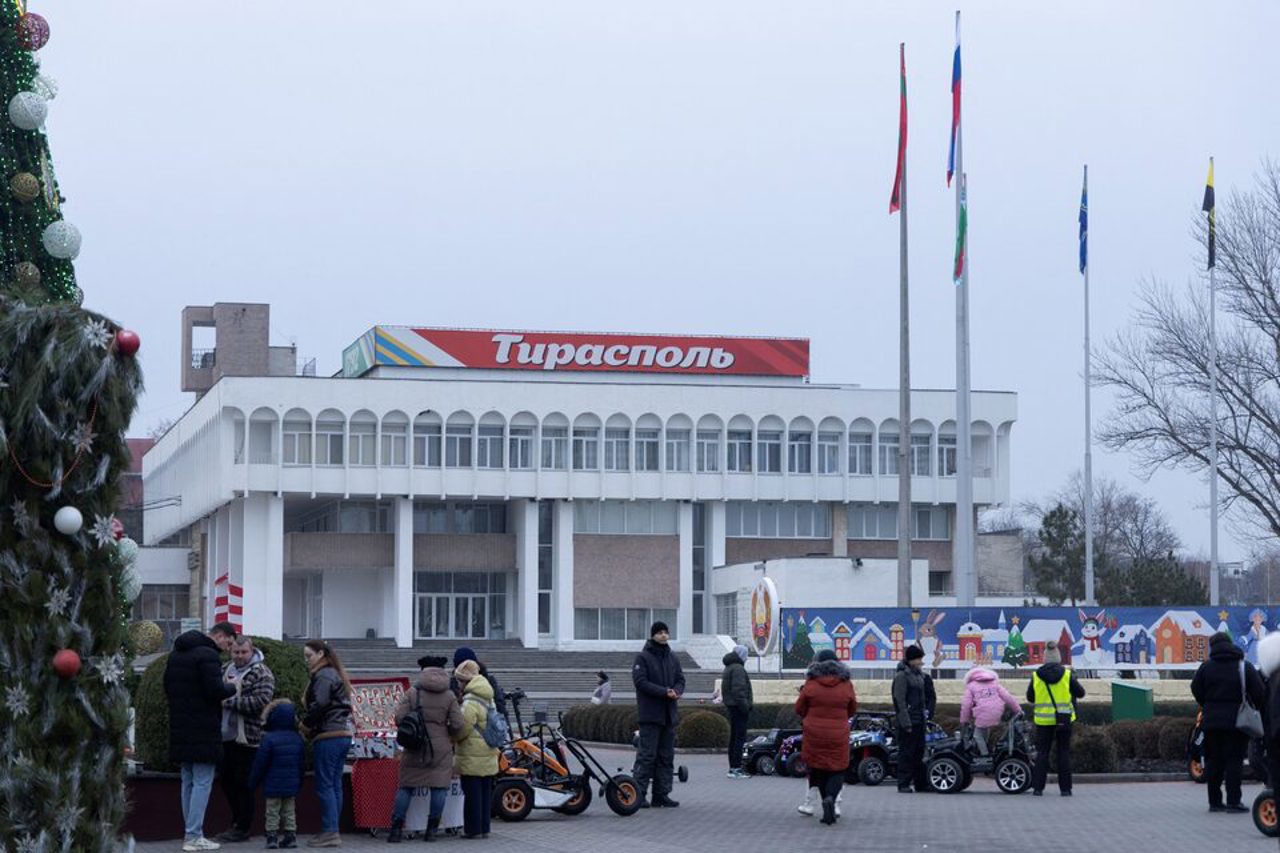Press Review: Moldovan detained by Russian FSB over alleged attacks in Crimea
The Embassy of the Republic of Moldova in Moscow has requested additional information about the Moldovan individual reportedly detained by the FSB, as reported by Moldova 1.
This follows the announcement by the Federal Security Service of Russia that it has detained three men—one Moldovan and two Russians—on suspicion of planning bomb attacks in annexed Crimea and sharing military information with Ukraine. According to Russian authorities, the Moldovan citizen, aged 32, began cooperating with the special services of the neighbouring country in April 2024. The Ministry of Foreign Affairs in Chișinău stated, “If it is confirmed that the individual is a citizen of the Republic of Moldova, our diplomatic mission will provide all necessary consular assistance.”
The Republic of Moldova is ranked 144th in terms of military power, according to Ziarul Național, which cites a ranking published by Forbes magazine. The United States is recognized for having the most powerful military in the world, with a budget of $876 billion, surpassing that of any other nation. The US also leads in terms of resource availability. Following the American military are those of Russia and China, while Romania is placed 47th. The ranking considers 60 factors, including the number of soldiers, military equipment, financial stability, geographical location, and available resources.
The closure of 10 schools and kindergartens in Sîngerei, Soroca, and Florești was deemed inevitable due to the declining number of students. Europa Liberă (Radio Free Europe) interviewed local authorities and provided a report on the fate of the employees and facilities of the closed institutions. At the gymnasium in Petrovca, only one teacher will be transferred to another school, as the others, being of retirement age, declined to accept new contracts. In Copăceni, there is a proposal to establish a nursing home based on local demand. The village has approximately 1,400 residents, of whom 700 are elderly. The three schools closed in Soroca had not had students for several years, and only the guards' salaries were being paid by the authorities.
The number of individuals paying the fixed medical insurance premium by March 31 has doubled over the past three years. Realitatea.md features an interview with Ion Dodon, General Director of the National Medical Insurance Company. He noted that in 2024, 150,000 people purchased the policy. However, employees contribute the largest share to CNAM revenues. Approximately 800,000 employees, representing one-third of the insured population, contribute more than half of the total amount to the mandatory health insurance fund. The remaining two-thirds of the population are covered by the Government.
Due to the drought, the village of Braicău in the Dondușeni district has nearly run out of water in its wells. TVN.md reports on the challenges faced by residents who now have only three wells remaining in the entire village. Weekly, people must have water delivered by tank trucks, costing 400 lei and lasting for 3-4 days. Residents use the water for essential needs—drinking, cooking, and washing—and hope that local authorities will construct a pipeline, similar to that in the neighbouring village.
This year, the grape harvest in the Republic of Moldova could be up to 35% smaller than in 2023, according to newsmaker.md. The vines have been impacted by the drought and high temperatures experienced this summer. Additionally, the extreme temperatures from March to July accelerated the ripening of the grapes, resulting in a harvest that began two weeks earlier than last year. Agricultural experts have expressed concern about the state of the plantations, noting that approximately 75% of the cultivable land is suffering from drought, with only a quarter of the land maintaining optimal soil moisture.
There have been significant increases in fees for mandatory vehicle technical inspections. Bani.md has tracked these price changes and highlights that, following recent amendments to the Road Transport Code, the tariffs for this service are now set by service providers rather than the Government. As a result, fees have risen by up to 66%, depending on the vehicle's total weight. For instance, the fee for vehicles up to 2,000 kg has increased from 150 to 250 lei, while for those up to 3,500 kg, it has risen from 200 to 300 lei. Stanislav Ghilețchi, Deputy Director of Research at the Institute for European Policies and Reforms, notes that this liberalisation has not been accompanied by a clear methodology for setting costs, despite the standardised nature of technical testing procedures.
Translation by Iurie Tataru






